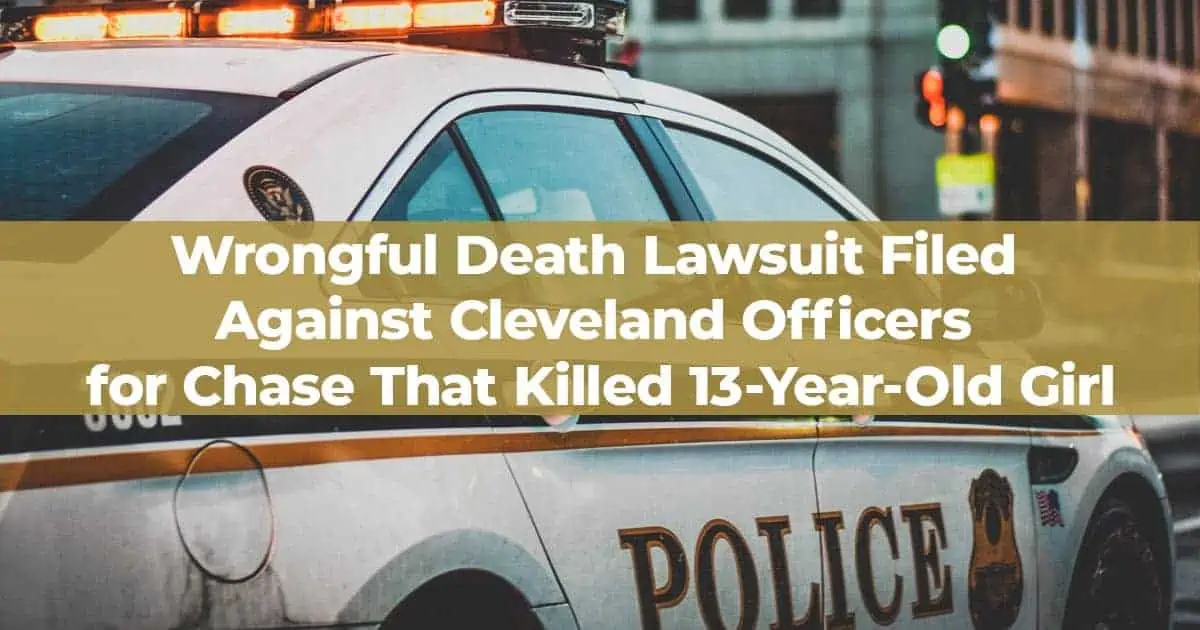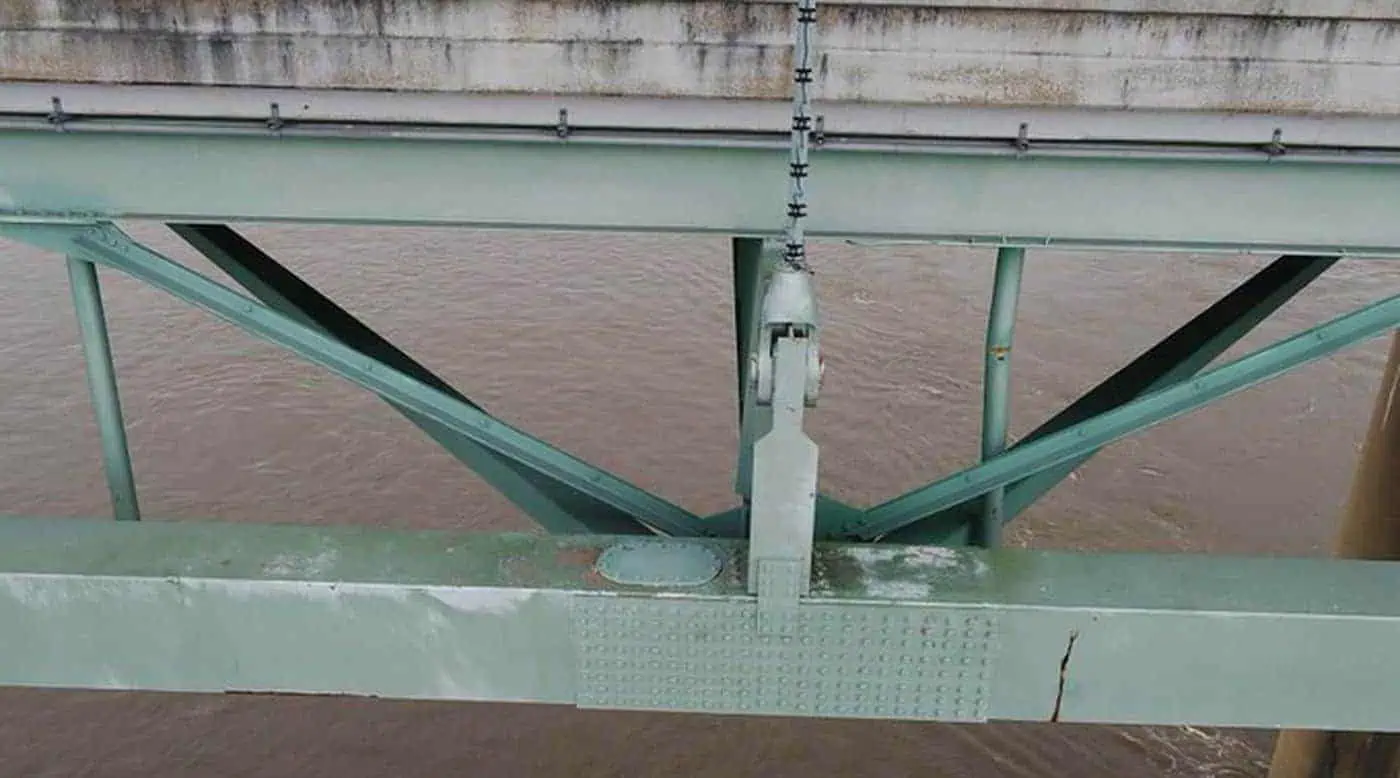
When a loved one is killed due to the negligence of someone else, the deceased’s family has the right to seek financial compensation for everything from medical and funeral bills, to future lost income and the emotional pain and suffering of the survivors. But who is responsible for paying?
The short answer is that any person or entity that contributed to your loved one’s death should pay the damages. Although many people only think about the person most directly responsible for the death (such as the driver of the other vehicle in a car accident), the responsible parties can vary greatly from case to case. For example, if a defective product causes the death, the manufacturer, the distributor or the retailer could be held responsible. In an auto accident, fault may be found with a government agency that failed to provide road hazard warnings, the manufacturer of a faulty vehicle part, or a bar owner or employee who served alcohol to an impaired driver.
Survivors are sometimes hesitant to file claims against other individuals. However, the claims for damages are often paid not by the at-fault parties but by their insurance carrier. In cases where the responsible party also died in the accident that claimed the life of your loved one, their estate can often still be sued.
Before pursuing a wrongful death claim, it’s important to identify all the responsible parties. This may require some in-depth investigation, which is why it’s important to get help from a knowledgeable and tenacious lawyer

July 11, 2023

February 23, 2022

February 23, 2022

February 23, 2022